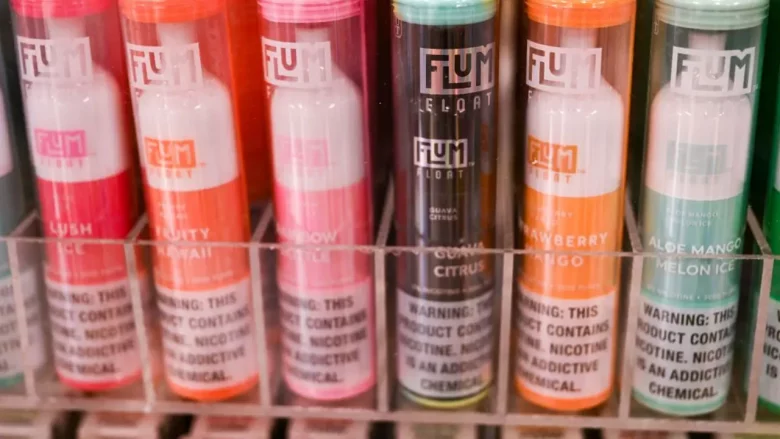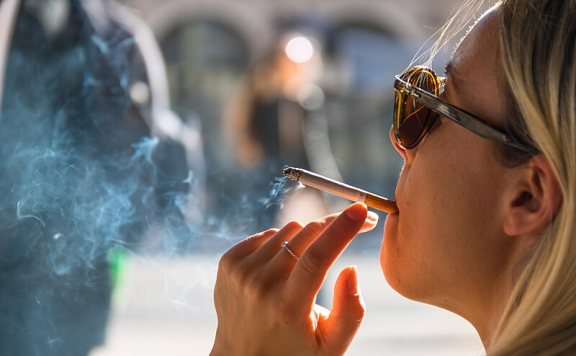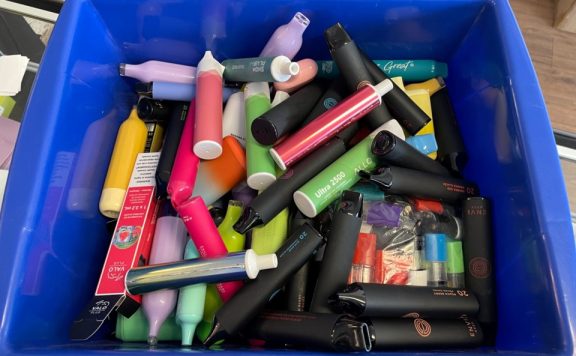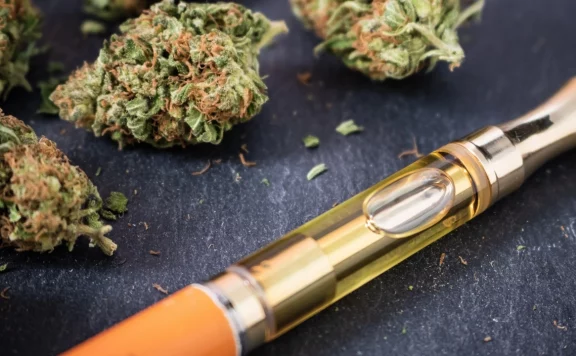On 21st December 2022, the much-hyped California Vape Flavor Ban went into effect. This followed the November 8th election where Californians overwhelmingly voted for Proposition 31 which outlined the ban. The vape flavour ban prohibits selling flavoured nicotine products in the state. This includes all types of flavoured menthol and vape products. However, the law exempts from the ban of some premium cigarettes and Hookah.
However, many experts think that this ban will negate many gains already made in reducing the number of smokers in the state. For the past decades, many smokers have been told that vape products are safe alternatives to cigarettes and already many have made the switch thanks to the many flavours that e-cigarettes have. Without their favourite flavoured vape products, many of these former smokers may just go back to smoking. Already studies show that past bans on flavoured vape products have led to increased smoking. In some cases, the users of the banned products may be forced to rely on illegal means such as smuggling the products across state lines to access them.
With the law banning the sale of floured e-cigarettes in the state, California faces an uphill task in enforcing the law. Already some sections of the law seem to be confusing to the state government. THR advocate, Stefan Didak has pointed out that the California Department of Tax and Fee Administration (CDTFA), is one of the agencies adding to the confusion. He says that the agency has in the past issued conflicting reports regarding the sale of these products online. Some retailers have been told that the law bans the sale of the products even online while others have been told that it is completely legal to sell those products online. This is quite confusing. Didak believes that the law does not ban the sale of flavoured products online.
Another confusing area is the sale of products with no characterizing flavours. Some retailers say that the government has given them the Ok to sell these products. But some other retailers report that they were told that the law bans the sale of all vaping products except those with the natural taste of tobacco.
Didak says that with the government issuing such conflicting instructions to retailers it is impossible for law enforcement officers to figure out what to enforce. He is worried that some overzealous law enforcement officers may destroy small businesses by following a different directive from that the businesses were given. Many small businesses may find themselves on the wrong side of the law even if they were simply following what the government told them.
Reynolds, the largest distributor of FDA-approved flavoured vape products, in response to the ban has forwarded warning letters to about 20 retailers of its products who are selling those products against the local laws in Los Angeles, Sacramento and San Jose. This is to ensure that the company remain compliant with the law. The company however feels that the ban huts it and its customers.







